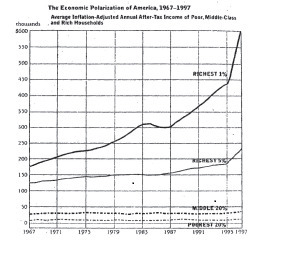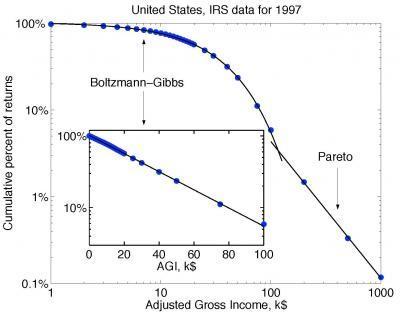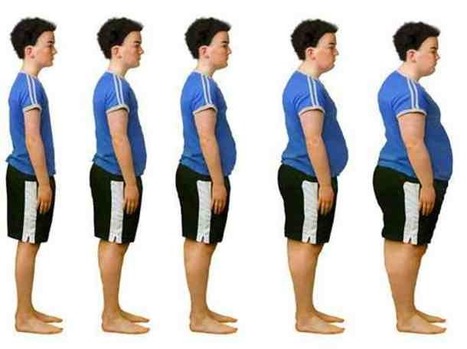Economists have shown that cognitive skills — especially math and science — are robust predictors of individual income, of a country’s economic growth, and of the distribution of income within a country (e.g. Hanushek & Kimko, 2000; Hanushek & Woessmann, 2008).
Get Started for FREE
Sign up with Facebook Sign up with X
I don't have a Facebook or a X account

 Your new post is loading... Your new post is loading...
 Your new post is loading... Your new post is loading...
|
Grace Hennessy's curator insight,
November 4, 2013 6:13 PM
This Article implys that a poor diet increases the risk of heart disease, diabetetes and other lifestyle dieases. and its now becoming a serious issuse for people around the world as the percentage of obsesity has grown immesively over the past 5 years.
Nicholas Grozdanov's curator insight,
November 13, 2013 7:33 PM
Why do people get fat, increasing their personal risk of heart disease, diabetes and other "lifestyle" diseases and society's risk of fiscal collapse from the expense of treating millions of people with those ailments? What the article is stating is tht rather telling people that you should be excersing, people should be educating others on the effects and how to avoid obesity |
























This is great for students who don't think algebra is necessary. This is a different way math can be taught. It would be the teaching of quantitative skills rather than a bunch of abstract formulas.